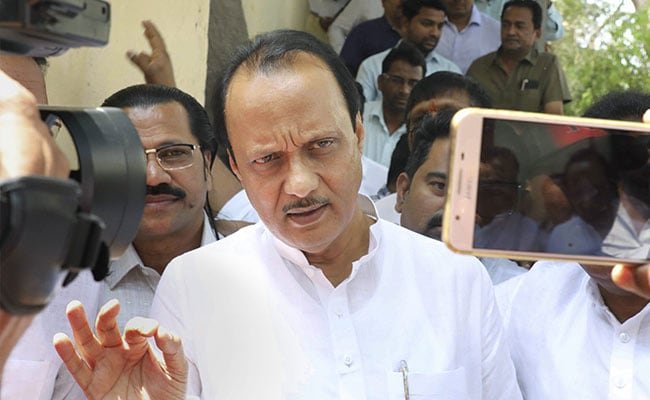The Shiv Sena (UBT) delegation recently handed over a 79-page letter to the Maharashtra Deputy Speaker, urging swift action in the disqualification of 16 MLAs from the Shinde camp. However, NCP leader Ajit Pawar clarified that this action would not lead to the government’s downfall. Speaking at a press conference in Mumbai, Pawar emphasized that even if 16 MLAs were disqualified, the government led by Shinde and Fadnavis would not lose its majority in the 288-member assembly.
Ajit Pawar justified his statement by explaining that even with the disqualification of 16 MLAs, the government would still have enough members to maintain the majority mark. Currently, the ruling coalition consisting of Eknath Shinde’s Shiv Sena and the Bharatiya Janata Party (BJP) has 145 MLAs. When considering the overall coalition, which includes other supporting parties, the total stands at 162 MLAs, exceeding the required number to form the government in Maharashtra.
The Shiv Sena (UBT) delegation submitted the letter to the Maharashtra Deputy Speaker and Assembly Secretary following a recent Supreme Court verdict that granted the Speaker the authority to adjudicate the disqualification of the 16 Shinde camp MLAs. As the Speaker was out of the country, the letter was handed over to the Deputy Speaker instead. The Shiv Sena (UBT) Whip, Sunil Prabhu, confirmed this development and expressed the party’s eagerness for a prompt decision on the disqualification issue.
The Supreme Court’s ruling has renewed the Shiv Sena’s internal crisis, prompting former Chief Minister Uddhav Thackeray to call for a swift resolution to the disqualification matter concerning the 16 party MLAs. The apex court also criticized the former Governor, Bhagat Singh Koshyari, stating that he lacked objective reasons for concluding that Uddhav Thackeray had lost the confidence of the House. The court further mentioned that Thackeray would have been eligible for relief if he had not resigned before facing the floor test.
As the situation unfolds, the political landscape in Maharashtra remains tense, with a focus on the disqualification issue and its potential implications for the state government.
